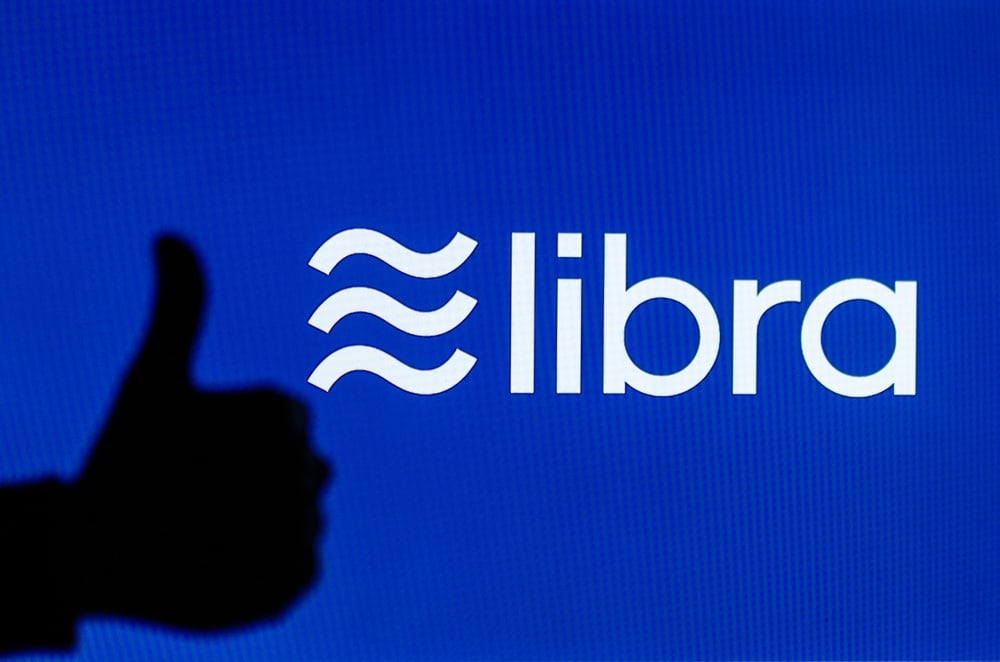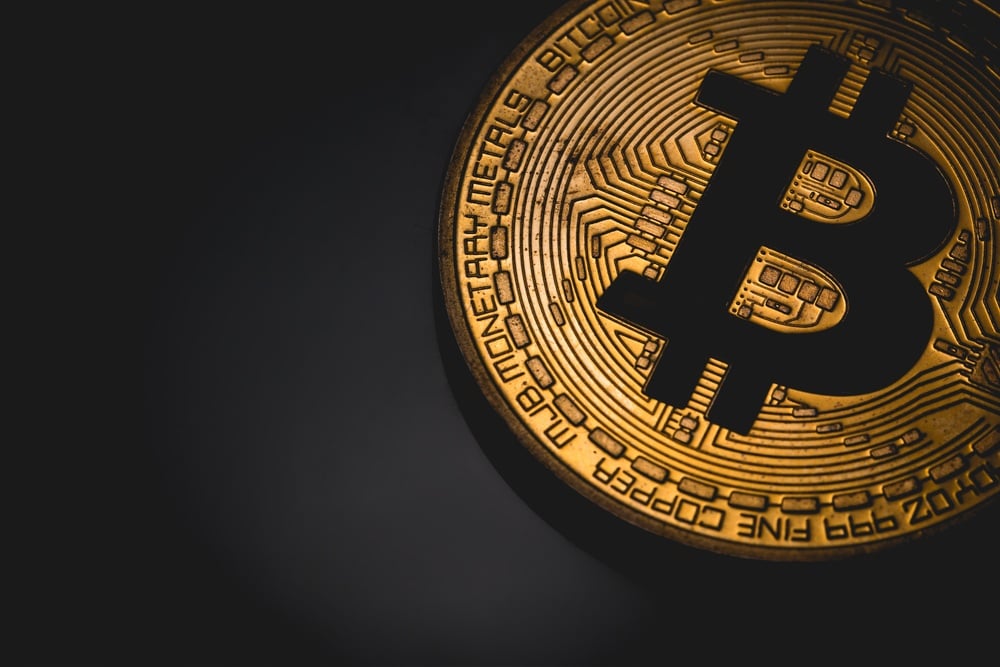Bitcoin Needs 100,000 Signatures for Switzerland Central Bank Reserve Vote

Swiss Bitcoin advocates are intensifying their efforts to persuade the country’s central bank to adopt Bitcoin. | Credit: Athanasios Gioumpasis/Getty Images
Key Takeaways
- Pro-Bitcoin group aims to change Swiss constitution to include Bitcoin in the national bank’s reserves.
- Proponents like Yves Bennaïm believe Bitcoin strengthens Swiss sovereignty and neutrality in a volatile world.
- Securing enough signatures and overcoming central bank skepticism are major hurdles.
A group of Swiss Bitcoin enthusiasts in Switzerland is initiating a new effort to persuade Switzerland’s National Bank to incorporate Bitcoin into its reserves.
They plan to organize a referendum to amend the national constitution to achieve this goal. First, however, they must gather over 100,000 signatures from local citizens to move forward with the petition.
Swiss Think Tank: BTC to Boost National Sovereignty and Neutrality
Yves Bennaïm, founder and chairman of the nonprofit think tank 2B4CH, argues that including Bitcoin in the Bank’s reserves could bolster Switzerland’s sovereignty and neutrality.
Yves Bennaïm discussed the initiative with the Swiss news outlet Neue Zürcher Zeitung (NZZ) on April 20, sharing his perspective on the strategic importance of adding Bitcoin to the Swiss National Bank’s reserves.
He said :
“We are in the process of completing the organizational preparations for the committee and preparing the documents that must be submitted to the State Chancellery in order to start the process.”
2B4CH did not immediately respond to a request for comment.
100,000 Signatures Needed to Change Constitution
For a referendum to proceed on amending the Swiss constitution, 100,000 signatures from Swiss nationals are required within 18 months. 2B4CH was unable to overcome this hurdle during its initial attempt in October 2021.
Back in 2021, 2B4CH launched the “Bitcoin Initiative” with the goal of adding Bitcoin as a reserve currency in Article 99-3 of the Swiss Federal Constitution. Given Switzerland’s population of approximately 8.77 million, this means that the initiative needs the support of about 1.15% of the population to meet the signature threshold and bring the issue to a national vote.
Bitcoin Advocate Pushes Swiss Central Bank on Bitcoin Reserves
Luzius Meisser , president of the Bitcoin-focused trading platform Bitcoin Suisse and collaborator on the initiative, believes integrating Bitcoin into Switzerland’s reserves enhance its neutrality.
Meisser is gearing up for a meeting on April 26. Then, he will have three minutes to advocate for the inclusion of Bitcoin on the Swiss National Bank’s balance sheet . This is not Meisser’s first attempt to influence the central bank’s cryptocurrency strategy. He previously proposed that the bank purchase 1 billion Swiss francs (about $1.1 billion) worth of Bitcoin monthly as an alternative to German government bonds in March 2022.
However, the Swiss National Bank’s Chair, Thomas Jordan , expressed skepticism about Bitcoin’s suitability as a reserve currency. He said Bitcoin did not meet the necessary criteria for inclusion in the bank’s reserves.
ETF Approvals as Reasons for Swiss Central Bank to Embrace Bitcoin
Meisser has recently argued that if the Swiss National Bank had followed his advice to purchase Bitcoin in 2022, Switzerland could have gained an additional 30 billion Swiss francs ($32.9 billion). He warns delays could result in higher costs later, as other central banks might acquire Bitcoin, potentially driving up prices.
On the other hand, Leon Curti from Digital Asset Solutions sees promise in the recent approvals of spot Bitcoin exchange-traded funds (ETFs) in the United States and Hong Kong. He believes these developments could sway the Swiss National Bank to consider investing in Bitcoin.
The discussion has also attracted attention from German poltician Joana Cotar , who is critical of a European Union-backed digital currency. Her response to the developments has been positive.


